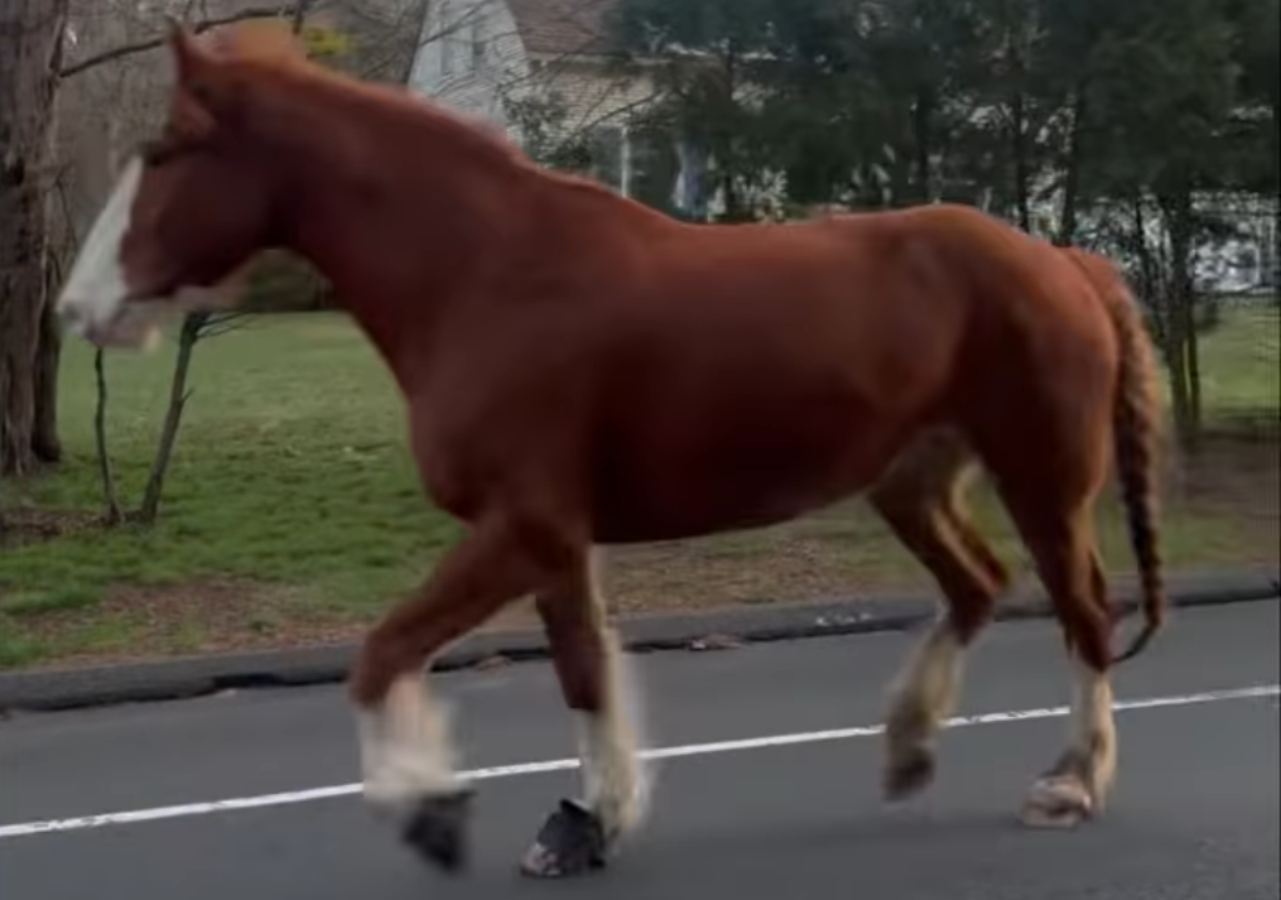What to Know
- The late NYPD detective who spent dying days pleading with Congress to extend benefits for 9/11 first responders was honored Tuesday
- Retired Det. Luis Alvarez’s family received the key to the city in his name
- Alavarez passed away in June after a years-long battle with cancer and days after testifying in front of Congress
The late New York City police detective who spent his dying days pleading with Congress to extend benefits for his fellow 9/11 first responders was honored Tuesday – as retired Det. Luis "Lou" Alvarez’s family received the key to the city in his name.
Mayor Bill de Blasio presented the keys to the Alvarez family in City Hall Tuesday afternoon.
"To the entire family, you shared Lou with this city," de Blasio said. "You shared him in a way we will never forget. He made this a better place. It's just a true statement that one person can do so much."
De Blasio went on to say that Alvarez "deserves this honor," telling his family that "we cannot repay you for all he did, but we can honor him in a way that few people have been honored in the history of this city because he belongs in that pantheon."
Ealier this summer, Alvarez passed away at the age of 53 in a hospice center in Rockville Centre after a three-year battle with cancer. He attributed his illness to the three months he spent at ground zero in the aftermath of the terror attacks.
Alvarez is best known for spending years lobbying for federal aid for fellow first responders who became ill after working at Ground Zero.
He received a standing ovation after his haunting testimony alongside comedian Jon Stewart before a House subcommittee on June 11 in which they pleaded for Congress to replenish the 9/11 Victim's Compensation Fund to ensure continued health benefits for first responders.
Alvarez revealed in his testimony that he was scheduled to undergo his 69th round of chemotherapy since being diagnosed with colorectal cancer in 2016 that spread to his liver. He believes his illness stems from his work at ground zero for three months after the Sept. 11 terrorist attacks.
"You made me come here the day before my 69th round of chemo, and I'm going to make sure that you never forget to take care of the 9/11 responders,'' he said before the committee.
He then announced the tragic news on his Facebook page days later that "there is nothing else doctors can do to fight the cancer" so he has stopped treatment and entered hospice care.
Alvarez's illness is one of thousands of cancer cases linked to the aftermath of 9/11, as first responders breathed in pulverized dust that contained cement, asbestos, lead, glass fibers, dioxins and other chemicals after the World Trade Center collapsed.
Alvarez’s death came mere days before the 9/11 Victims’ Compensation Act was signed.
Local
Stewart, who was also present at the posthumous honor bestowed on Alvarez, said that despite his illness and failing health Alvarez was "Iron Man."
"His strength was so inspirational and gave us all a feeling of resilience," he said.
Stewart remembered their time lobbying on behalf of first responders saying that "Lou would sit quiet, so when he spoke, his words carried meaning. I think it was that quiet that when he chose to speak in front of Congress it's what help make those words applify so strongly."
"Lou Alvarez represented the quiet heroism of acting compassionately," he said.



